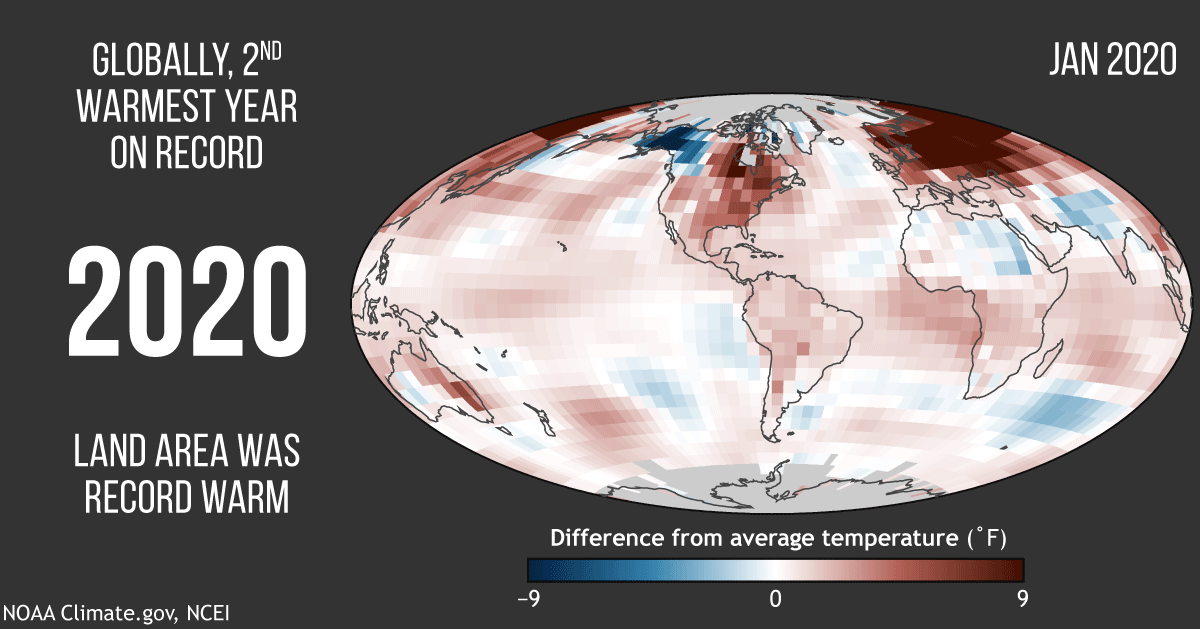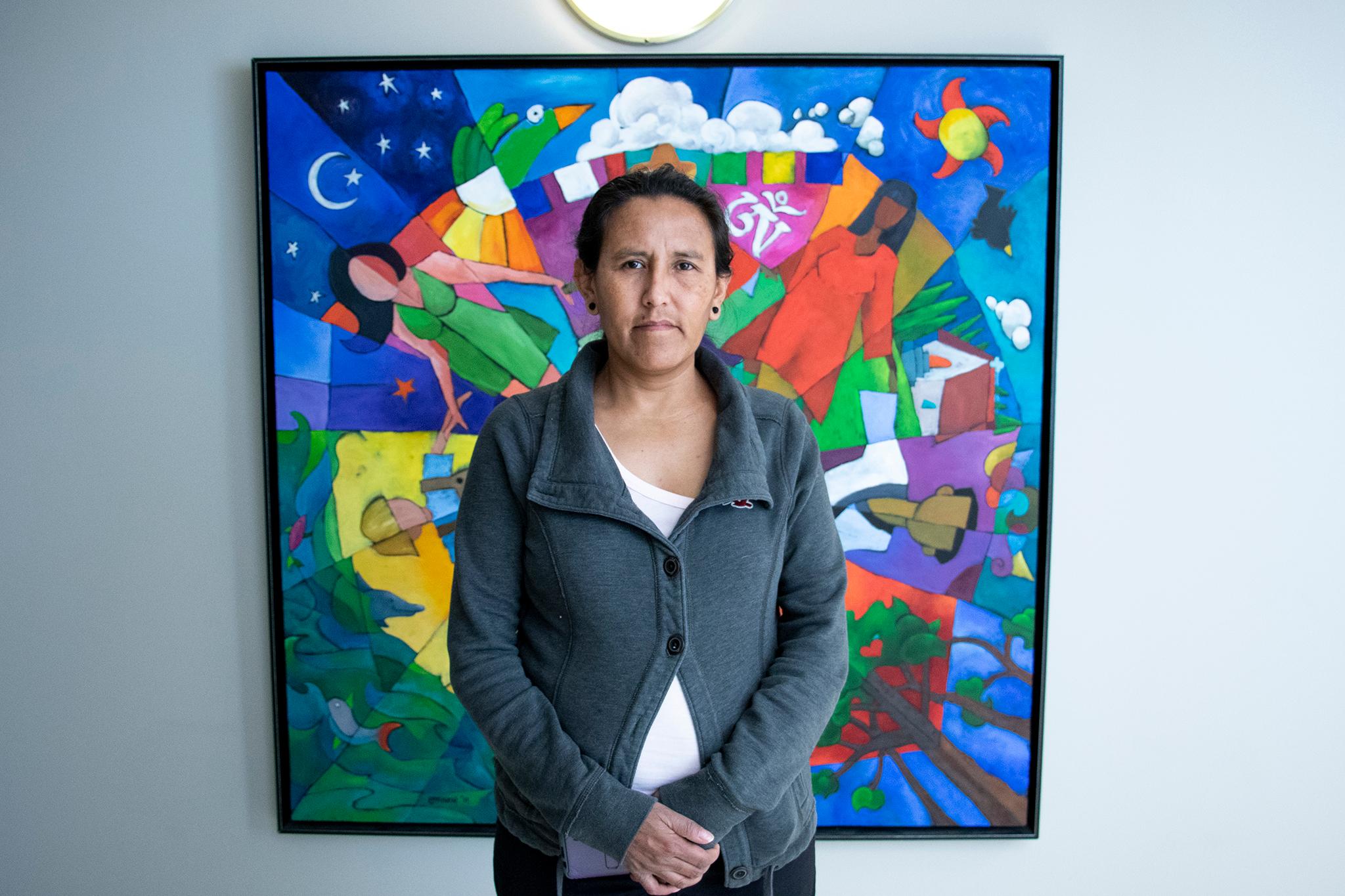
It was more than the year of the pandemic; 2020 was also one of the planet’s hottest years ever recorded. It's a global trend driven largely by greenhouse gas emissions from fossil fuels, new data from U.S. and European scientists shows.
Researchers at the National Oceanic and Atmospheric Administration and the United Kingdom’s Met Office said 2020 was the second-hottest on record, while scientists at NASA and the European Union’s Copernicus program said the year tied with 2016 for the hottest on record.
Temperatures in the northern hemisphere were 2.3 degrees above the 20th-century average, according to NOAA’s analysis. For Colorado, the climate is trending drier and hotter and that likely means more drought and wildfires, and less snow, said Robert Field, a research scientist at NASA’s Goddard Space Flight Center.
“Snowpack almost universally over the western U.S., over the Rockies, has decreased because of those warmer temperatures and the absence of compensating snowfall over the winter,” Field said.

The country's air quality has generally improved in recent decades, but the trend is worsening for northwestern states due to wildfires, Fields said. The fires create hazardous smoke and airborne particles that are harmful to the lungs and circulatory system.
Over the last decade, warming temperatures in Colorado have fueled destructive events, including the largest wildfires in state history. Global warming is also likely to continue driving unusual weather events, including severe temperature swings, periods of extreme rainfall and storms packing damaging winds like the state's rare derecho that occurred in June 2020.
Beyond Colorado, the warming contributed to record-high sea surface temperatures and one of the most active tropical storm seasons in history, NOAA scientists said.
Fields said the climate analysis paints a dire picture of life in a warming world, but he’s encouraged by new data on renewable energy that shows it could significantly decrease carbon emissions.
“It will take a Herculean effort to turn the ship around, but it can always be done,” he said. “Any reduction in emissions is an improvement.”









